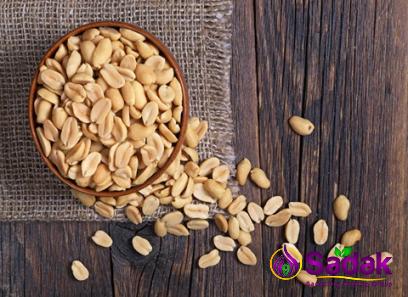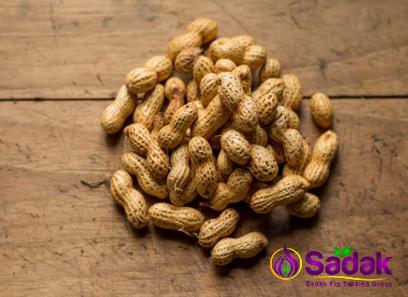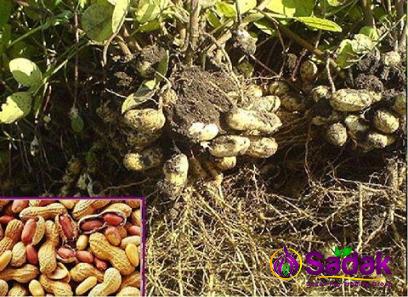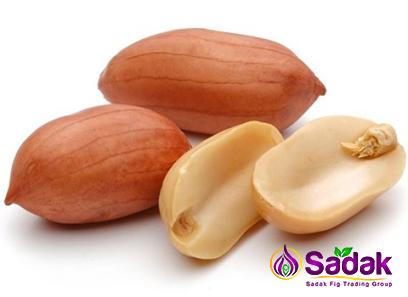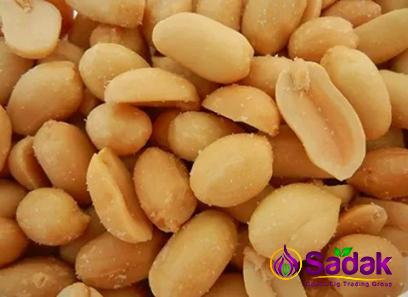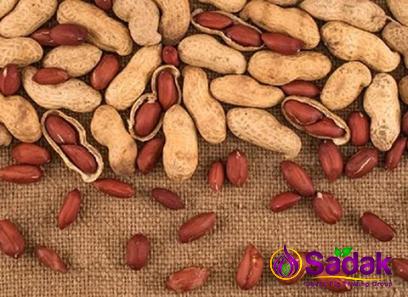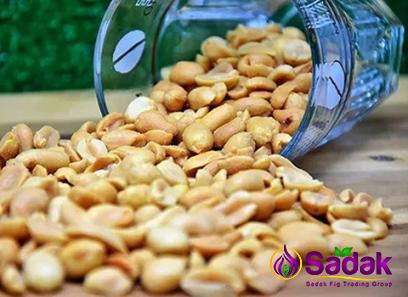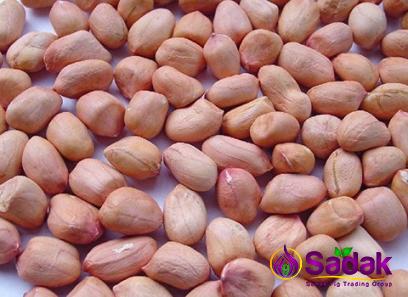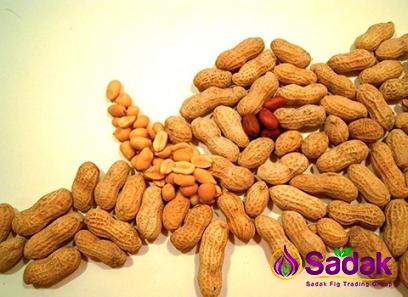Odisha, located on the eastern coast of India, is renowned for its rich agricultural diversity. The cashew nut industry has emerged as a significant contributor to the state’s economy, generating employment opportunities and promoting export potential. This article provides a comprehensive overview of the cashew nut industry in Odisha, including its historical background, production statistics, market demand, government support, challenges, and future prospects.
1. Historical Background:
The cultivation of cashew nuts in Odisha dates back several decades, primarily concentrated in the southern districts of the state. The region’s favorable agro-climatic conditions, including well-distributed rainfall, semi-humid climate, and fertile soils, have been instrumental in the growth of the cashew nut industry.
2. Production Statistics:
Odisha is among the leading cashew nut-producing states in India. According to recent data, the state produces approximately 33,000 metric tons of cashew nuts annually. The cashew cultivation area in Odisha spans over 85,000 hectares, with farmers predominantly adopting small-scale cultivation practices.
3. Market Demand and Export Potential:
Cashew nuts are widely consumed both domestically and internationally, making it a lucrative market for Odisha. Globally, the demand for cashew nuts has been steadily increasing due to their nutritional value and versatile applications in the food industry. Odisha’s cashew nuts are favored for their quality and taste, hence attracting significant export demand.
4. Government Support and Initiatives:
Recognizing the potential of the cashew nut industry, the government of Odisha has implemented various schemes and initiatives to support farmers and promote the growth of cashew cultivation in the state. These include:
a. Financial Assistance: The government provides financial assistance to cashew farmers for establishing cashew orchards, procuring high-yielding varieties, and adopting modern cultivation practices.
b. Training and Skill Development: The state government conducts training programs to educate farmers about the latest techniques in cashew cultivation, processing, storage, and marketing.

c. Infrastructure Development: Investments have been made in developing infrastructure facilities such as cashew processing units, modern packaging facilities, and storage warehouses to improve the value chain.
5. Challenges Faced by the Industry:
Despite the favorable conditions and government support, the cashew nut industry in Odisha faces some challenges that hinder its growth. These include:
a. Lack of Awareness and Training: Many cashew farmers in Odisha still follow traditional farming methods and lack awareness of modern cultivation and processing techniques. There is a need to enhance training and skill development initiatives to ensure better crop productivity and quality.
b. Fragmented Supply Chain: The cashew nut supply chain in Odisha suffers from fragmentation, with limited coordination among farmers, processors, and traders. Strengthening supply chain linkages and establishing market linkages can help streamline the industry.
c. Pest and Disease Management: Cashew trees are susceptible to various pests and diseases, affecting crop yield. Promoting integrated pest management practices and providing farmers with access to pest-resistant varieties and modern techniques can address this challenge.
d. Value Addition and Processing: Currently, Odisha primarily exports raw cashew nuts, leading to a missed opportunity for value addition. Encouraging investment in processing units and promoting the export of processed cashew products can enhance the value chain.
6. Future Prospects and Opportunities:
Despite the challenges, the cashew nut industry in Odisha holds immense potential for growth and diversification. Some key opportunities include:
a. Organic Cashew Cultivation: The demand for organic cashew nuts is increasing globally. Odisha can capitalize on this trend by encouraging organic farming practices and obtaining organic certification for its cashew production.
b. Export Expansion: Expanding export markets and establishing strategic partnerships with international buyers can help increase the global presence of Odisha’s cashew nuts.
c. Value Addition and Product Diversification: Developing processing capabilities within the state can facilitate the production of various cashew-based products such as kernels, snacks, and extracts, thereby increasing the value chain and profitability.

d. Research and Development: Investing in research and development activities focusing on improved cultivation techniques, disease-resistant varieties, and post-harvest processing can lead to increased productivity and quality.
Conclusion:
The cashew nut industry in Odisha has shown great promise in contributing to the state’s economy and livelihoods of farmers. With continued government support, increased awareness, and strategic interventions, Odisha can further develop its position as a key player in the cashew nut industry, providing sustainable opportunities for farmers and boosting export potential.I. Cashew Nut Cultivation in Odisha: An Overview
Cashew nut cultivation in Odisha has gained significance due to the state’s favorable agro-climatic conditions and suitable soils, making it an ideal cash crop for farmers. The southern districts of Odisha, including Koraput, Rayagada, and Gajapati, are the major cashew-producing regions. Farmers in these areas predominantly adopt small-scale cultivation practices, although there is potential for expansion.
II. Factors Contributing to Cashew Nut Growth
Several factors have contributed to the growth of the cashew nut industry in Odisha. First, the availability of agricultural land provides a conducive environment for cultivation. Second, the state government’s initiatives to promote cashew farming and provide financial assistance have encouraged farmers to take up cashew cultivation. Third, Odisha’s strategic location near major ports facilitates the export of cashew nuts to international markets.
III. Export Potential and Market Demand for Odisha’s Cashew Nuts
The global demand for cashew nuts has been steadily increasing, driven by the growing awareness of their nutritional value and versatile applications in the food industry. Odisha’s cashew nuts are known for their quality and taste, making them highly sought after in the domestic and international markets. The state exports a significant portion of its cashew nuts to countries such as the United States, the United Arab Emirates, and European nations.
IV. Government Support: A Driving Force for Cashew Industry Growth
The government of Odisha has implemented several support measures and initiatives to promote the growth of the cashew nut industry. The financial assistance provided for establishing cashew orchards, procuring high-yielding varieties, and adopting modern cultivation practices has empowered farmers and improved crop productivity. Furthermore, the state government’s focus on training and skill development programs has equipped farmers with the knowledge and techniques needed for better crop management and processing.
V. Challenges Faced by Cashew Nut Industry in Odisha
While the cashew nut industry in Odisha has witnessed steady growth, it also faces certain challenges that need to be addressed for sustainable development. One significant challenge is the lack of awareness and training among cashew farmers regarding modern cultivation techniques, pest management, and post-harvest processing. This hampers productivity and quality and limits the industry’s potential for growth. Additionally, fragmented supply chains and limited market linkages hinder efficient distribution and marketing of cashew nuts.

VI. Pest and Disease Management: An Essential Aspect of Cashew Cultivation
Cashew trees are susceptible to a variety of pests and diseases, affecting crop yield and quality. Proper pest and disease management practices are crucial to ensuring a healthy cashew orchard. Promoting integrated pest management techniques, providing farmers with access to pest-resistant varieties, and educating them on early detection and control measures can significantly mitigate these concerns and enhance crop productivity.
VII. Value Addition: The Road to Higher Profit Margins
Currently, Odisha predominantly exports raw cashew nuts. However, there is immense potential for value addition in the form of cashew kernels, snacks, extracts, and other processed products. Encouraging investment in processing units and facilitating access to advanced technologies and equipment can help add value to the cashew nut industry in Odisha. This, in turn, would increase profitability and provide more employment opportunities.
VIII. Importance of Research and Development in the Cashew Industry
Investing in research and development activities plays a crucial role in the sustainable growth of the cashew nut industry. Research on improved cultivation techniques, disease-resistant varieties, post-harvest handling, and processing methods can help cashew farmers enhance their productivity, product quality, and market competitiveness. Collaboration between research institutions, government agencies, and cashew farmers is essential to drive innovation and ensure the long-term success of the industry.
IX. Opportunities for Organic Cashew Cultivation
As global demand for organic products grows, there is a significant opportunity for Odisha to tap into the organic cashew market. By encouraging and supporting farmers in adopting organic cultivation practices, the state can attract premium prices for their organic cashew nuts. Obtaining organic certification and marketing the organic produce as a specialty product would further enhance the state’s reputation and profitability.
X. Expansion of Export Markets
While Odisha has made significant strides in cashew nut exports, there is still untapped potential to explore new markets. The government, in collaboration with industry associations and trade organizations, should actively participate in trade fairs, exhibitions, and buyer-seller meets to promote Odisha’s cashew nuts to a wider global audience. Establishing strategic partnerships and enhancing trade linkages with international buyers and importers would create new avenues for export growth.
XI. Infrastructure Development: Key for Streamlining the Cashew Value Chain
Efficient infrastructure is crucial for the success of the cashew nut industry. Investments in establishing modern processing units, packaging facilities, storage warehouses, and transportation infrastructure would optimize the value chain and reduce post-harvest losses. Additionally, strengthening supply chain coordination and ensuring market linkages would improve efficiency and profitability for all stakeholders involved.

XII. Conclusion:
The cashew nut industry in Odisha has the potential to contribute significantly to the state’s economy, generate employment opportunities, and enhance the livelihoods of farmers. Government support, awareness programs, research and development initiatives, value addition processes, and infrastructure development are essential components for the sustainable growth of the industry. By addressing the challenges and leveraging the opportunities, Odisha can position itself as a key player in the global cashew nut market, unlocking the sector’s full potential and reaping the rewards of a thriving industry.
